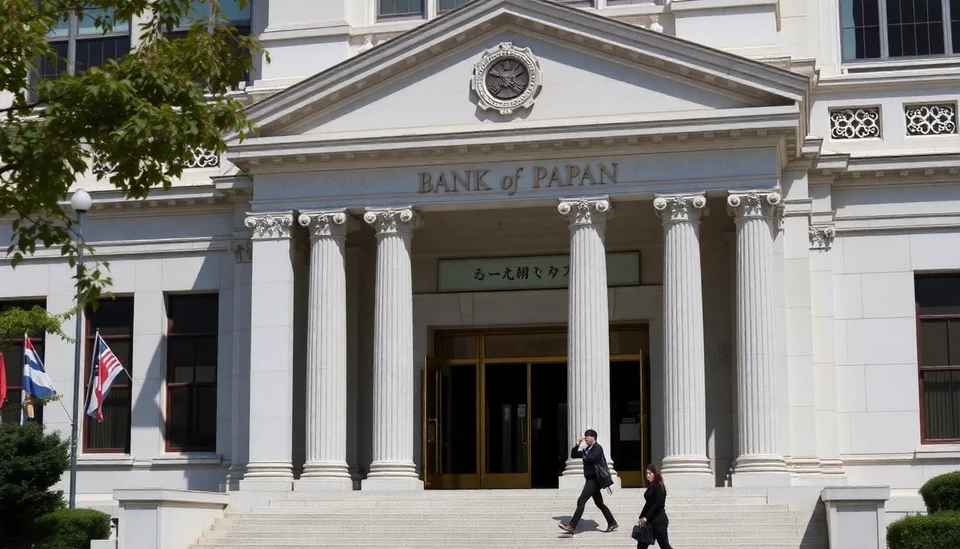
In a strategic shift that signals a significant change in monetary policy, the Bank of Japan (BoJ) has announced its intention to reduce its balance sheet by nearly $500 billion through a process known as quantitative tightening (QT). This decision marks a pivotal moment for the central bank, which has been known for its ultra-loose policies aimed at stimulating the economy.
The move comes in light of increasing pressure on the BoJ to adjust its course as inflation rates rise and global economic conditions evolve. By implementing QT, the BoJ aims to stabilize financial markets and manage inflation expectations effectively. The planned reduction is expected to impact various asset prices and could alter investor behaviors in Japan and abroad.
This balance sheet reduction, which significantly exceeds the previously forecasted amount, underscores the BoJ's commitment to addressing rising inflation while navigating the delicate balance of economic growth. Analysts speculate that this could foreshadow further tightening measures in the near future, setting the stage for a new monetary landscape in Japan.
The Central Bank's decision is also in response to the tightening of fiscal conditions globally, as other major central banks have already begun or suggested moves toward less accommodative stances. By cutting down its asset purchases and allowing its bond holdings to mature, the BoJ intends to withdraw excess liquidity from the economy.
Market reactions have been mixed in anticipation of the BoJ's QT plans. Investors are weighing the potential impact on Japanese equities, foreign exchange rates, and the overall economy. Other central banks are keeping a close eye on this development, as it could provide insight into a changing global monetary policy environment.
As the BoJ prepares for this monumental adjustment, it remains to be seen how this will affect consumer confidence, spending, and overall economic stability in Japan, especially in light of ongoing challenges such as supply chain disruptions and geopolitical tensions.
In summary, the Bank of Japan is poised to execute one of the largest balance sheet contractions in its history, a move that signals a strategic pivot in its monetary policy aimed at curbing inflation and stabilizing markets. The ramifications of this decision will likely reverberate across global financial ecosystems for some time to come.
#BankOfJapan #BalanceSheetReduction #QuantitativeTightening #MonetaryPolicy #Economics #Inflation #FinancialMarkets
Author: Laura Mitchell




